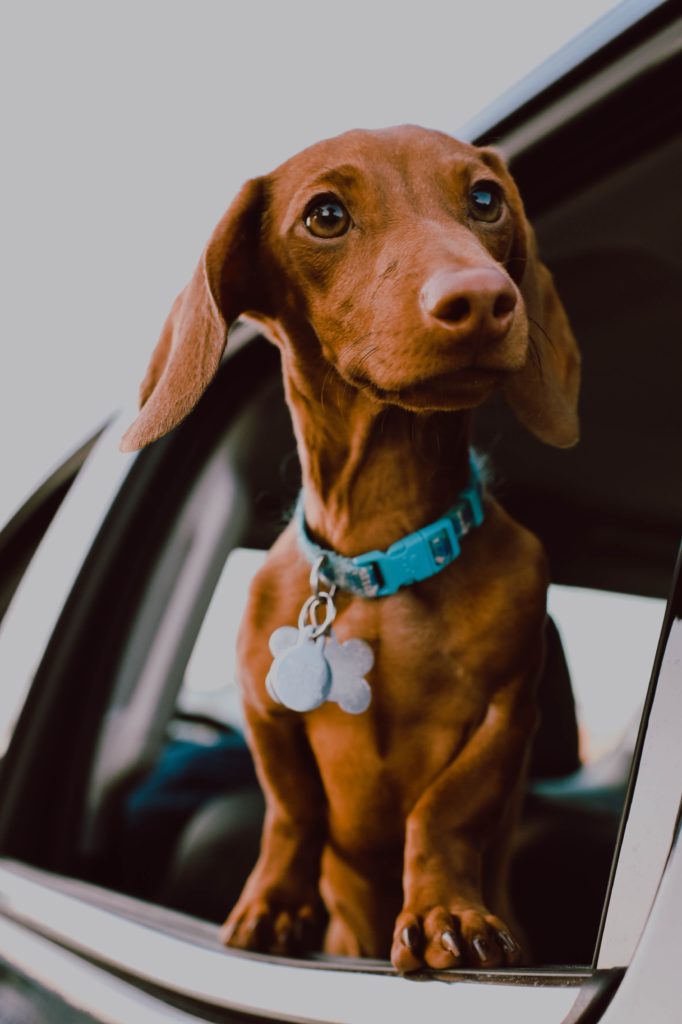 What’s better than owning a loving, lovable, playful, snuggly dog? Owning two! Well, dog #1 may not think so – at least at first! Introducing a new pet into the house can be a challenge, but if you follow these steps, you can help forge healthy and strong relationships between your pups.
What’s better than owning a loving, lovable, playful, snuggly dog? Owning two! Well, dog #1 may not think so – at least at first! Introducing a new pet into the house can be a challenge, but if you follow these steps, you can help forge healthy and strong relationships between your pups.
An Addition to the Pack
Dogs are communal animals, but that doesn’t mean they want strange dogs to join their packs! They may feel threatened when new pets are introduced into their homes.
On the flip side, the newcomers have to contend with new sights, sounds, smells – and rules. This can leave them frightened and anxious, feelings which are compounded because they don’t want to invade another dog’s territory.
How do you put them both at ease?
Start Slow
You’ll need some help! Enlist a friend or family member to give you a hand. While you’re picking up your new pet, have your assistant bring your dog to a neutral location. This could be a park or a route that you don’t usually take when walking. (It works best when it is not familiar to either dog; that way, neither has the “home field” advantage.)
When you arrive at the location, make sure both dogs are leashed. Let them sniff around each other for a few seconds as you speak to them in a calm, happy voice. Gently lead them away from each other and walk around.
After a few moments of walking, bring the dogs back together and let them sniff each other for several more seconds. Why keep these greetings so short? Well, it keeps the pooches calm and helps keep aggression or tension from building.
Body Language Speaks Volumes
While your dogs are getting to know each other, pay close attention to their body language. Is their posture loose and relaxed? Or are they holding themselves rigid? It’s worth taking some time to study up on dog behaviors so you can spot potential warning signs – and avoid fights and bites.
If you do see some red flags (raised ears, curled lips, stiff posture, etc.), lead the dogs away from each other. While they’re separated, practice simple obedience tasks, such as “sit” or “lay down.” Reward them with treats and praise. After a few minutes, allow them to greet each other again. Repeat, if necessary.
When both dogs appear at ease and tolerant of their new “friend,” you can take them home to continue getting to know each other.
Mi Casa es Su Casa
Before your new pet arrives at your home, make sure to put away all of your current dog’s favorite toys and treats. Don’t worry; he’ll get them back in a few weeks. For now, these can be bones (literally or figuratively!) of contention. They can have their own toys only when they are confined in separate areas of your home.
Get each dog a separate set of food and water dishes. Food can be a big issue for dogs, so make sure to supervise feeding time. Feed them in their own areas, and after they finish, immediately put away their dishes.
Confined – and Content
It’s best to confine your new pet to his own area at first. You could, for instance, use a crate or separate the dogs with a baby gate. Your current dog should be able to roam around the house (he was there first, after all!) and visit the newbie when he wants.
As they get to know each other, be on the lookout for poor behavior, like bullying or growling. If it does occur, separate the dogs. After several minutes, let them interact again. When they get the hang of it and are exhibiting desirable habits, reward them with treats.
With a bit of help from you, your dogs can become the best of friends. Just remember to take it slow and give each one plenty of attention and affection. Soon, you’ll be one big happy pack.


